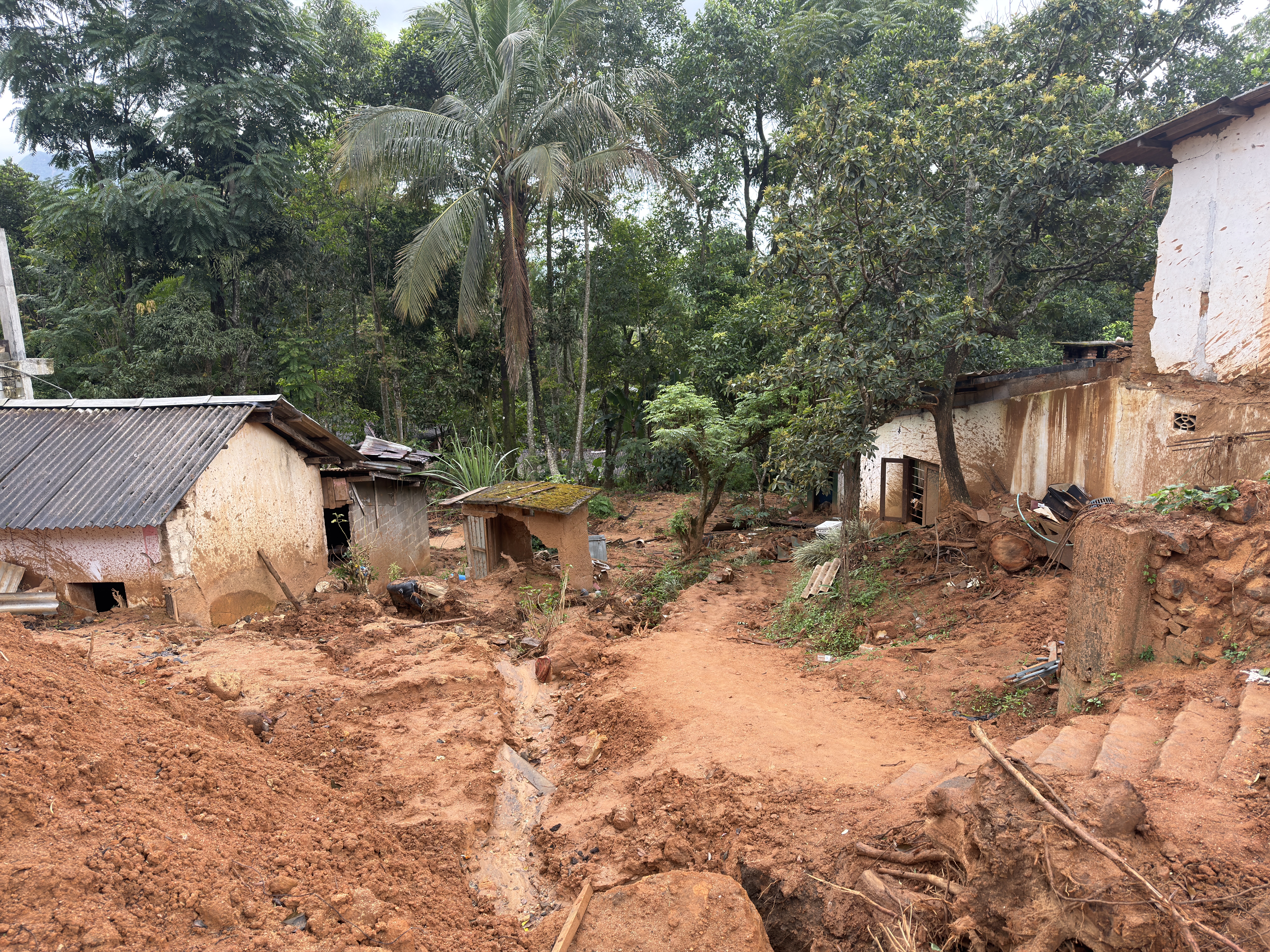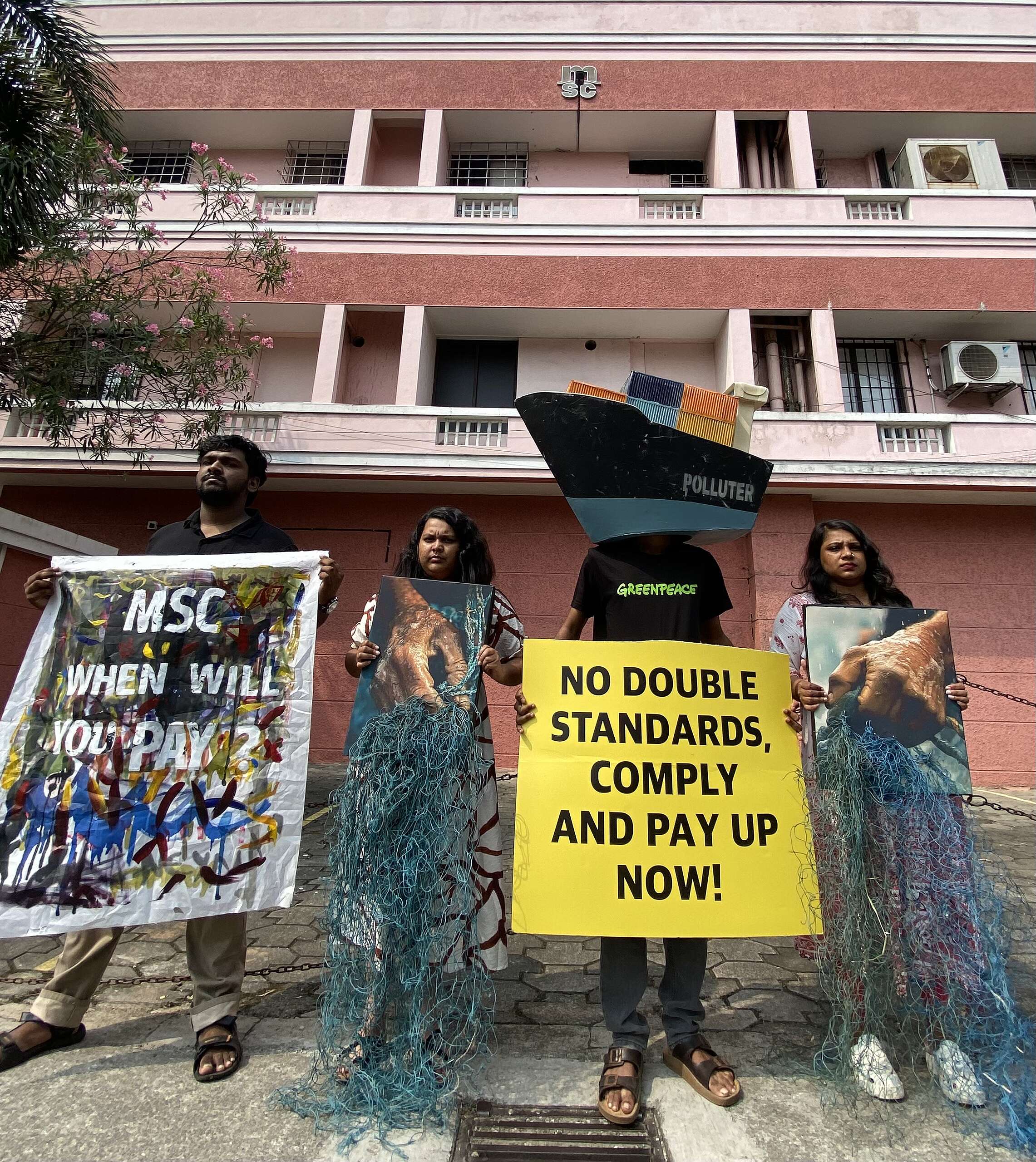To,
The Chairman,
16th Finance Commission,
Government of India
7th, 9th, 19th Floor Jawahar Vyapar
Bhawan Annexe, 1 Tolstoy Marg(Entry from Janpath),
New Delhi – 110001
Respected Sir,
(Subject- Key Recommendations on Strengthening Climate Adaptation for the 16th Finance Commission)
We are writing to express our concern regarding the critical need for integrating climate adaptation into the financial policies and frameworks being developed by the 16th Finance Commission. As we face an increasingly urgent climate crisis, it is essential that our financial strategies address the disproportionate impacts on marginalized communities.
In 2024, India witnessed a concerning increase in fatalities due to extreme weather events, with 3,238 lives lost in the first nine months alone, marking an 18% rise from 2022. This stark reality highlights the urgent need for climate action that prioritizes vulnerable communities. To address this, it is imperative that our financial frameworks center on equity and justice. In this context, we have developed a set of recommendations aimed at ensuring that climate justice is not only recognized but actively promoted within the Commission’s initiatives.
Recommendations:
- Recognition of Heatwaves as a National Disaster: The 16th Finance Commission must urge the National Disaster Management Authority (NDMA) to officially recognize heatwaves as a national disaster.
While the 15th FC concluded that existing disaster categories sufficiently cover state needs, this perspective overlooks the growing frequency and impact of heatwaves. Several recent studies have revealed that a vast majority, exceeding 90 percent, of India’s total land area is now categorized as being in the “extremely cautious” or “danger zone”.
According to a parliamentary response, while advancements in weather prediction have led to better forecasts and a reported reduction in heatwave fatalities, the increasing number of deaths attributed to heatwaves in recent years raises concerns. The Lancet has noted a 55% rise in deaths due to extreme heat in India between the periods of 2000-2004 and 2017-2021. Moreover, the economic impact of heatwaves is substantial. India could account for 34 million of the 80 million global job losses from heat stress-related productivity declines by 2030 (World Bank, 2022). Further, up to 4.5% of India’s GDP could be at risk due to lost labor hours from extreme heat and humidity. In light of these alarming trends, it is essential to designate heatwaves as a notified disaster to effectively enhance resource allocation, disaster preparedness, and climate resilience. - Establishing a Dedicated Climate Adaptation and Resilience Fund for Marginalized and Vulnerable Communities: While the national adaptation fund exists, it often does not sufficiently target the unique needs and of marginalized and vulnerable communities who face disproportionate impact of climate change. The National Disaster Management Authority (NDMA) reports that marginalized communities, including women, indigenous groups, and those in informal sectors, are often more severely affected by climate-related disasters, with a higher mortality rate during events such as heatwaves.
To address these shortcomings, the proposed fund should prioritize the following:
a) There is a critical need for better integration of climate adaptation strategies into existing large-scale development programs, such as the Mahatma Gandhi National Rural Employment Guarantee Act and watershed management initiatives. By integrating climate resilience into these programs, we can strengthen the adaptive capacity of vulnerable communities while promoting sustainable development and local climate action. This approach will enhance livelihoods and infrastructure, effectively mitigating the impacts of climate change. In the urban areas, local climate action should be funded by incentivising just transition.
b) It is essential to invest in training local stakeholders to equip them with the necessary knowledge and skills to address climate adaptation challenges. Furthermore, the development of adaptation plans must be participatory, involving community members in the planning process to ensure that solutions are context-specific and culturally appropriate. Engaging local voices will not only enhance the effectiveness of adaptation strategies but also empower communities to take ownership of their resilience efforts. It should have measures to fund localised early warning systems that are easily and timely accessible to the general public. - Devolve funds to state governments for managing extreme weather events, with allocations based on updated epistemological evidence such as the Climate Vulnerability Mapping Atlas: Local governments are essential for responding to and managing extreme weather events effectively. To optimize resource allocation, funds should be distributed according to vulnerability to extreme weather events and other impacts of climate change, such as the findings of a Climate Vulnerability Mapping Atlas, which identifies regions most at risk from climate impacts. This approach ensures that financial support is targeted towards areas with the highest vulnerability, enhancing local capacity to address and mitigate extreme weather events.
- Climate Damage Tax (CDT): In order to hold the polluters accountable, there should be a tax on the climate damages inflicted due to emissions from fossil fuels. The CDT should be levied in a progressive taxation model, targeting high emission sources such as additional tax on profits of oil corporations, and other industries such as plastics etc. Notably a study by Carbon Majors Report, indicates that the top 100 fossil fuel companies have been responsible for over 70% of global greenhouse gas emissions since 1988. By levying a tax on these corporations, we can create a financial incentive for them to reduce their emissions while holding them accountable for their environmental impact. The revenue generated from the Climate Damage Tax can be redirected to fund climate adaptation projects, renewable energy initiatives, and support for vulnerable communities impacted by extreme weather events, making this a critical tool for promoting sustainability and equity.
- Climate Compensation : Adequate compensation for losses and damages due to climate change should be provided to impacted states, with special focus on marginalized and impacted communities. This can also use the proceeds from the Climate Damage Tax as a means of redistributive and climate justice. It is important to note that, in India alone 45 million people could be pushed back over the poverty line by 2030, primarily due to agricultural shocks and increased incidence of disease; highlighting the urgent need for targeted support.
The compensation can be in the form of universal basic income for informal and nature based livelihoods, which constitutes 90% of the workforce. Additionally, implementing climate insurance programs can provide a safety net for communities vulnerable to climate impacts. These measures not only help restore livelihoods but also enhance the resilience of affected populations, ensuring that they are better equipped to face future climate challenges.
These recommendations are crucial in addressing the urgent challenges posed by climate change and ensuring that all segments of society are equipped to cope with its impacts. We urge the Commission to consider these recommendations seriously, as we strive to build a more equitable and just society in the face of a climate crisis that knows no borders.
Thank you for your attention to this pressing matter.
Yours Sincerely,
- Greenpeace India
- Poovulagin Nanbargal
- RIGHTS
- Basti Suraksha Manch
- VAN Gujjar Tribal Yuva Sangathan Uttarakhand
- Justice in Mining Network
- Mukti
- Youth For Climate India
- Heatwave Action Coalition India
- Janpahal
- HeatWatch
- People for Himalayan Development
- Telangana Gig and Platform Workers Union



